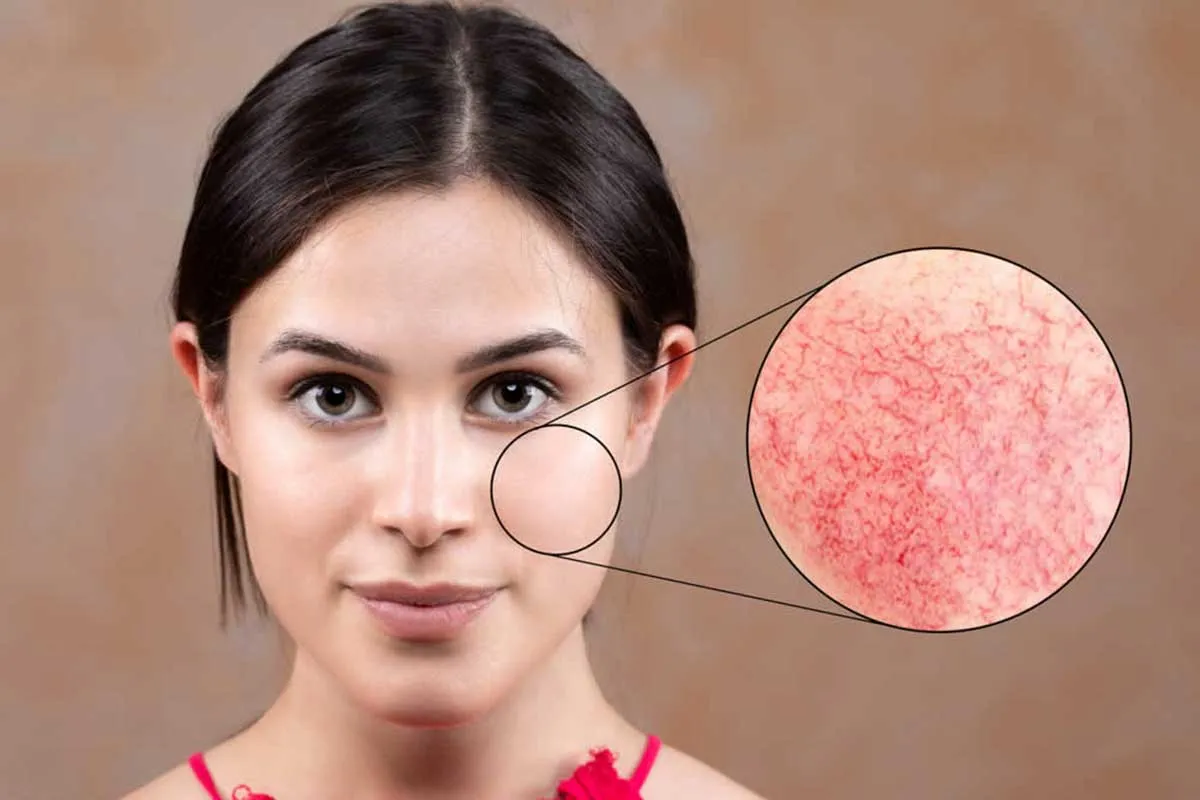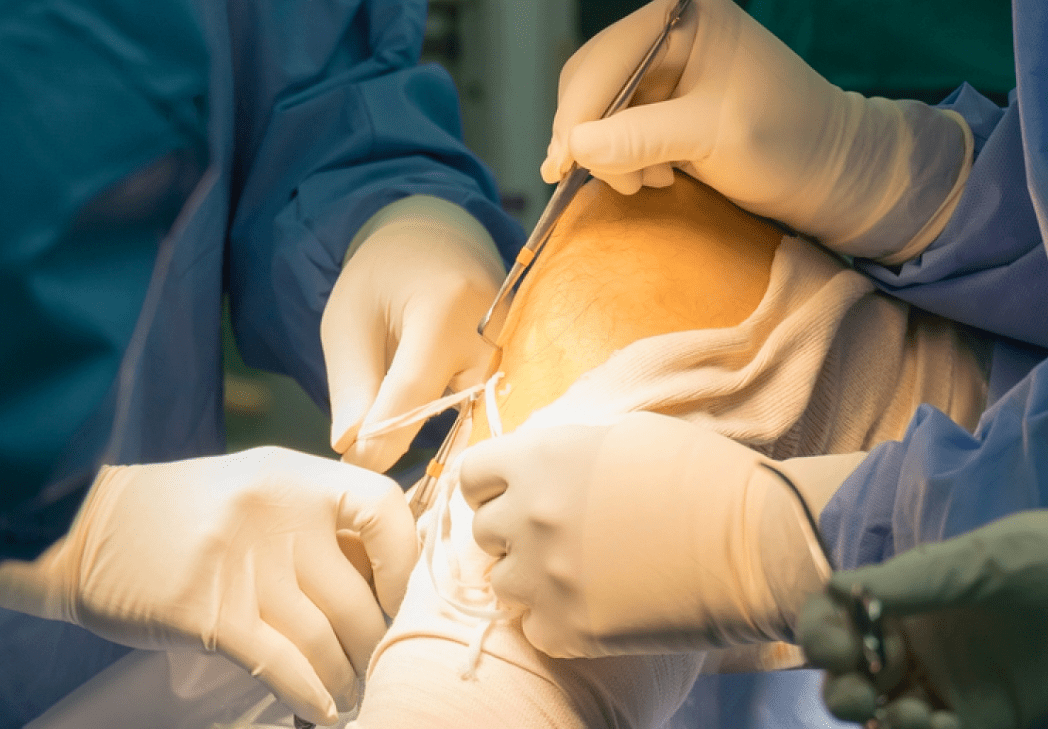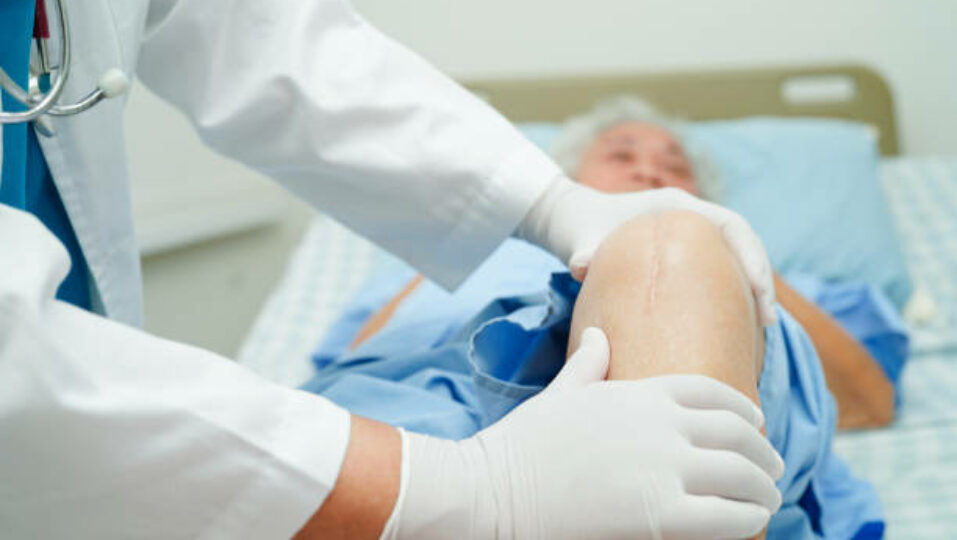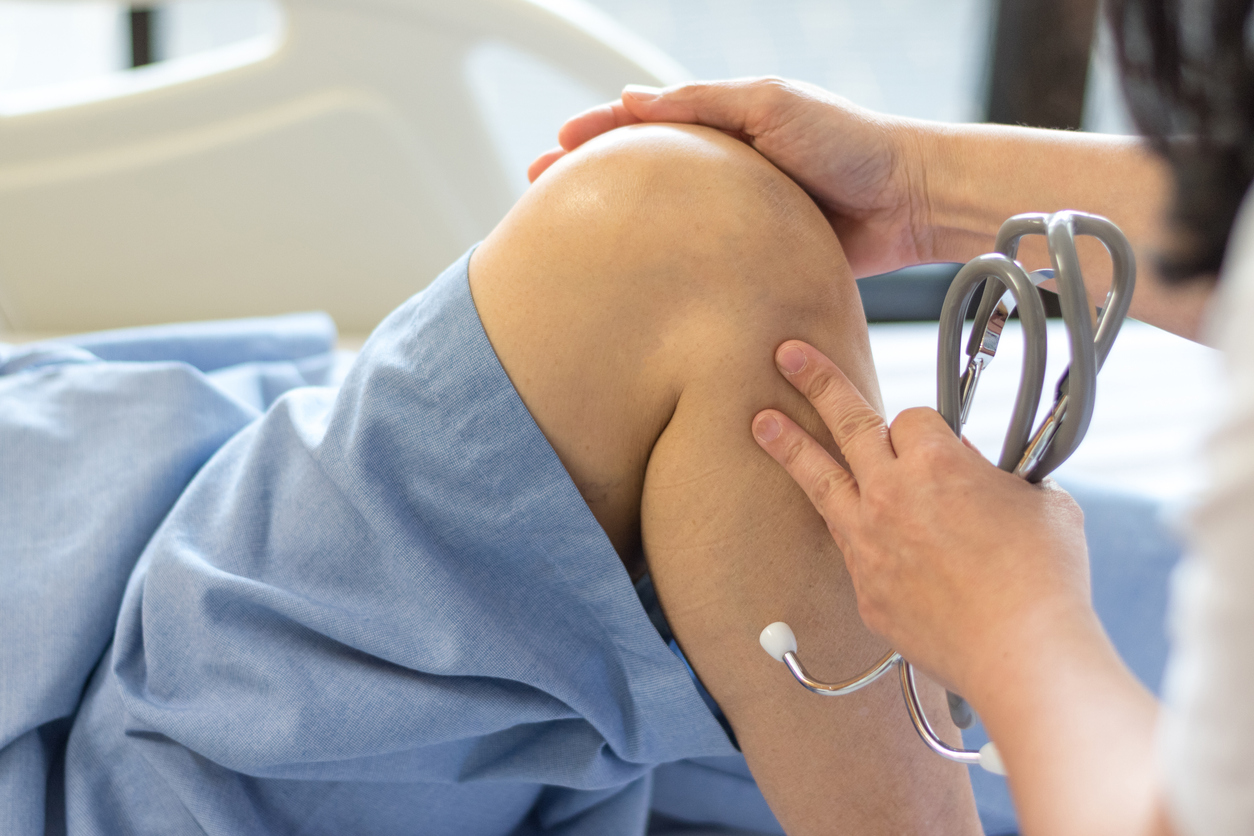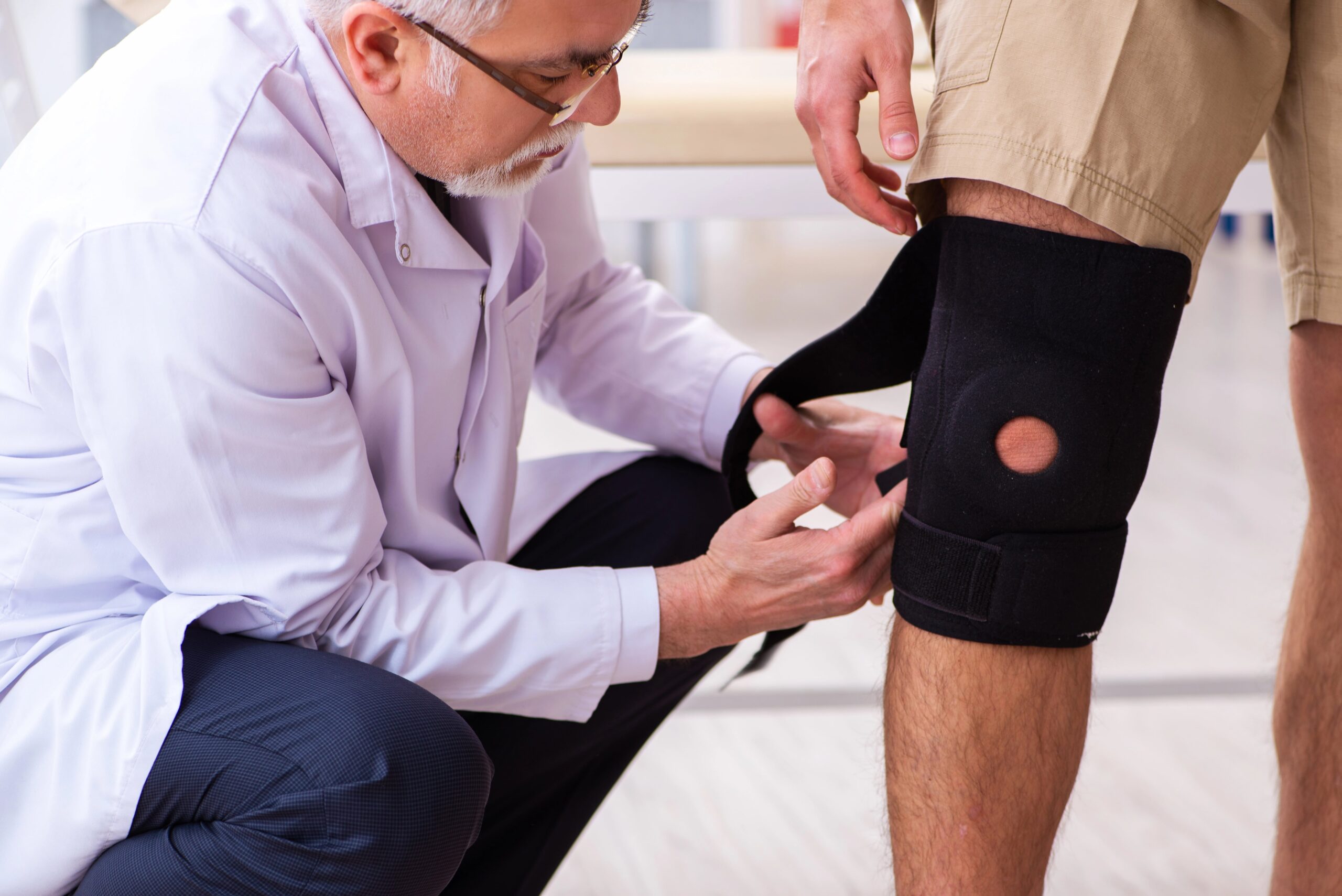Rosacea, a chronic skin condition affecting millions worldwide, often leads to persistent redness, visible blood vessels, and even bumps and pimples on the face. While treatment options exist, the connection between diet and capillary strength in Rosacea has gained attention as a potential avenue for managing symptoms. In this blog post, we’ll explore the intricate relationship between diet and capillary health in individuals with Rosacea.
Understanding Rosacea
Rosacea is more than just a cosmetic concern; it can significantly impact an individual’s quality of life. Characterized by facial redness, Rosacea often leads to the dilation of blood vessels, known as capillaries, contributing to the visible symptoms. The current treatment landscape for Rosacea presents challenges, making it imperative to explore alternative approaches, such as dietary interventions.
The Role of Diet in Rosacea
Research increasingly suggests that diet plays a crucial role in various skin conditions, including Rosacea. Understanding how certain dietary factors influence the development and progression of Rosacea is essential for a comprehensive approach to managing the condition. By acknowledging the link between diet and Rosacea, individuals can make informed choices to support their skin health.
Impact of Diet on Capillary Strength
Capillary strength, referring to the resilience and health of blood vessels, is particularly relevant in Rosacea. Certain dietary elements have been found to influence capillary health, either exacerbating or alleviating symptoms. For instance, foods rich in antioxidants and anti-inflammatory properties may positively impact capillary strength, while triggers like spicy foods and alcohol may contribute to dilation and aggravation.
Nutrients and Foods for Capillary Health
To bolster capillary strength in Rosacea patients, incorporating specific nutrients into the diet is essential. Vitamins such as C and K, along with minerals like zinc, have been linked to improved capillary health. Including fruits, vegetables, and whole grains can provide these essential nutrients and promote overall skin health. Sample diet plans tailored for individuals with Rosacea may involve a balanced intake of these key elements.
Lifestyle Changes for Improved Capillary Strength
Beyond dietary considerations, lifestyle factors also play a crucial role in capillary strength. Staying hydrated, engaging in regular exercise, and effectively managing stress contribute to overall skin health. Simple adjustments in daily habits can make a significant difference in supporting capillary resilience and minimizing Rosacea symptoms.
Expert Insights
Dermatologists and nutritionists emphasize the importance of a holistic approach to managing Rosacea. Expert insights clarify common misconceptions and guide individuals on the journey to improved capillary strength through evidence-based practices.
Takeaway
As we unravel the connection between diet and capillary strength in Rosacea, it becomes evident that dietary choices and lifestyle habits can significantly impact symptom management. While no one-size-fits-all approach exists, exploring these factors under professional guidance empowers individuals to take control of their skin health. Share your experiences or questions in the comments below, and let’s continue the conversation about nourishing our skin from within.
Trust Cosmos Clinic, the ultimate authority on capillaries and rosacea treatment, for a personalized and effective approach that brings comfort and confidence.

